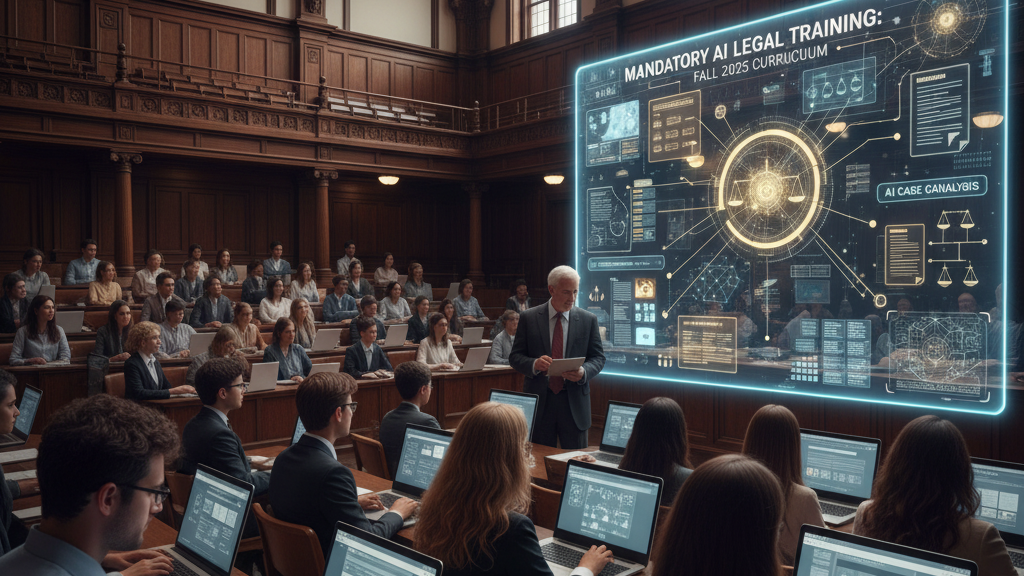
Source
Reuters
Summary
A growing number of U.S. law schools are making AI training compulsory, embedding it into first-year curricula to better equip graduates for the evolving legal sector. Instead of resisting AI, institutions like Fordham and Arizona State now include exercises (e.g. comparing AI-generated vs. professor-written legal analyses) in orientation and foundational courses. These programmes teach model mechanics, prompt design, and ethical risks like hallucinations. Legal educators believe AI fluency is fast becoming a baseline competency for future attorneys, driven by employer expectations and emerging norms in legal practice.
Key Points
- At least eight law schools now require AI training in first-year orientation or core courses.
- Fordham’s orientation exercise had students compare a ChatGPT-drafted legal summary vs. a professor’s.
- Schools cover how AI works, its limitations and errors, and responsible prompt practices.
- The shift signals a move from seeing AI as cheating risk to accepting it as a core legal skill.
- Legal employers endorse this direction, arguing new lawyers need baseline AI literacy to be effective.
Keywords
URL
Summary generated by ChatGPT 5

